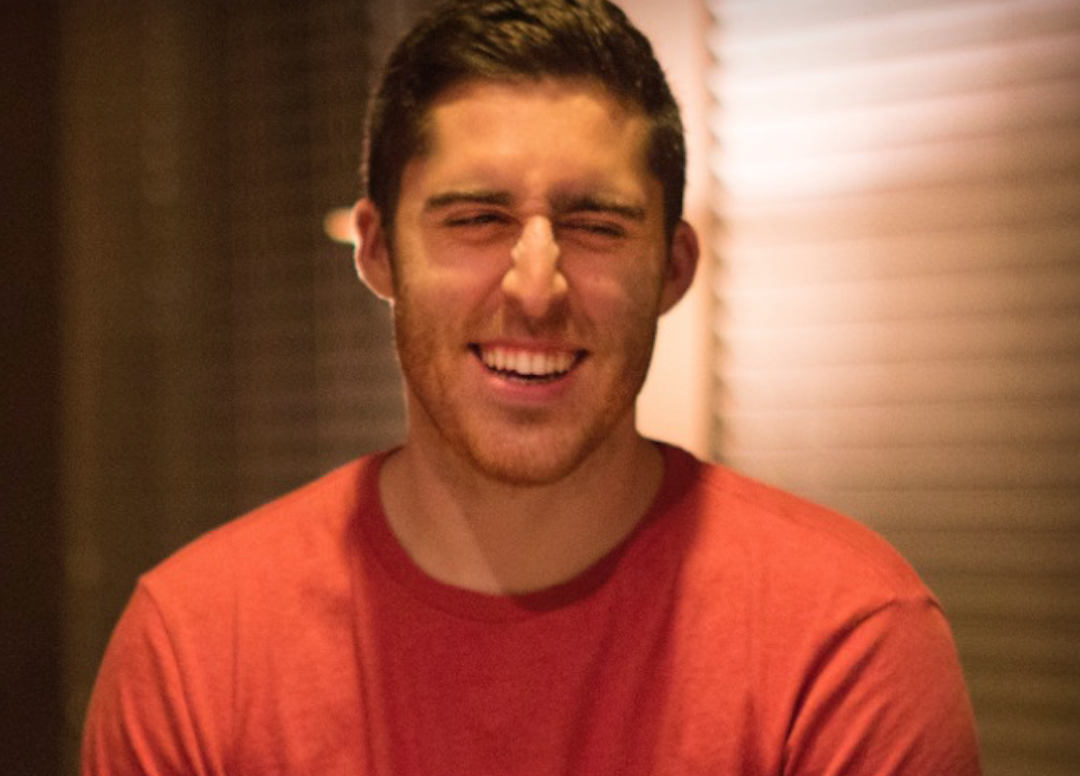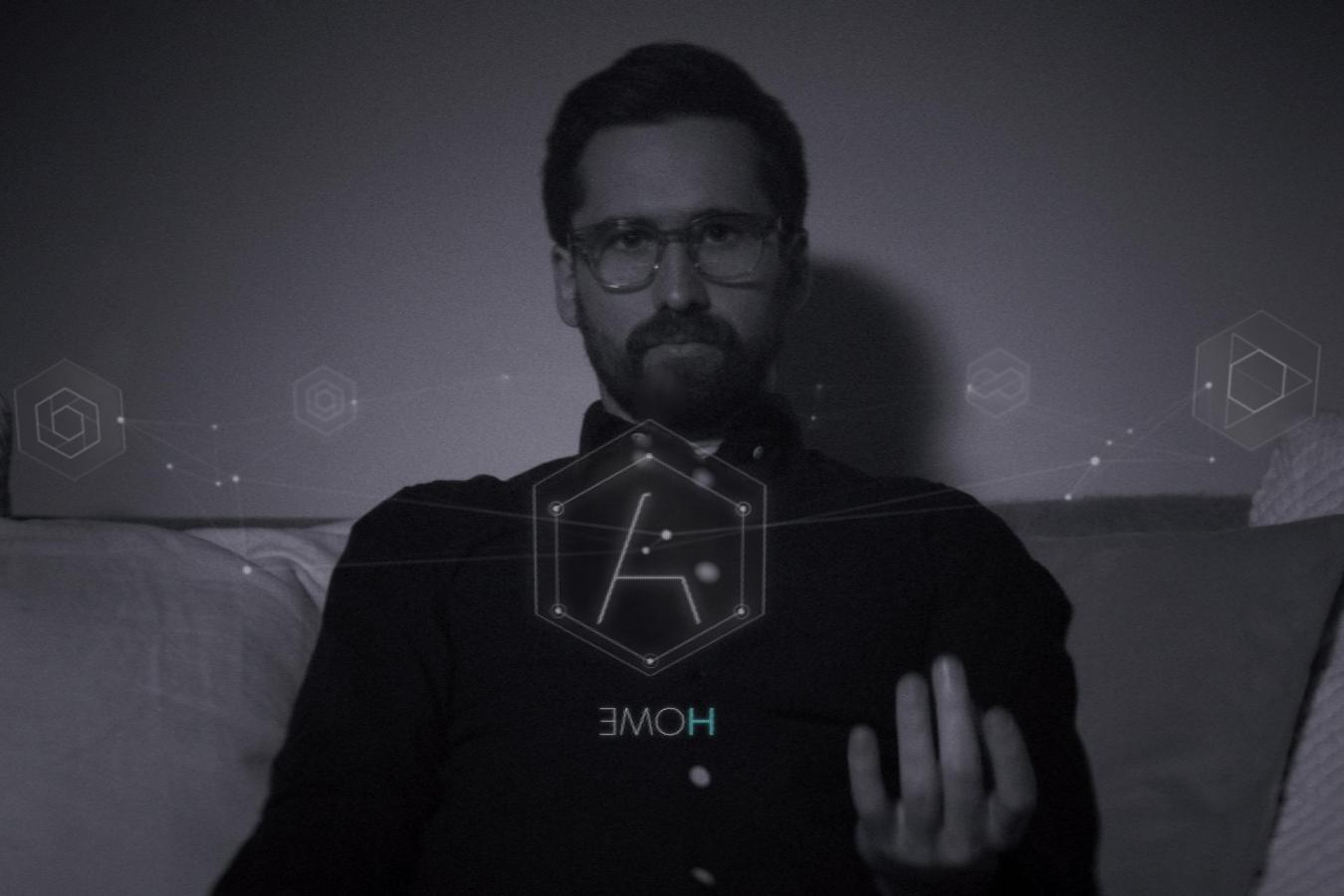By providing your information, you agree to our Terms of Use and our Privacy Policy. We use vendors that may also process your information to help provide our services. This site is protected by reCAPTCHA Enterprise and the Google Privacy Policy and Terms of Service apply.
The Biggest Challenges the SXSW Filmmakers Faced

READ MORE: SXSW 2015: A List Of Criticwire Grades for Every Feature
Before the competing filmmakers arrived in Austin for the
2015 SXSW Film Festival, Indiewire sent them a questionnaire about their
experiences bringing the projects to fruition. Here we’ve collected their
thoughts on overcoming their biggest challenges, ranging from financing to
scoring to learning when the film is finished.
Here are the filmmakers’ responses:
Alison
Bagnall (“Funny Bunny”): I tried to get out
of film seven years ago, so that made it hard to make “Funny Bunny.” I had decided
that independent filmmaking was just an expensive hobby. I still think that, but
it’s easier to do it with eyes wide open. The biggest challenge in completing
the film was during post- production, because I felt I did not have a movie. I
felt I could recover from the failure on a personal level – it’s just a movie
after all – but my biggest fear was how I was going to tell my cast and crew
who had worked so hard and trusted me, that we actually had no film. It was a
horrible feeling. I never had to solve this challenge because Kentucker Audley
solved it first. He asked if I minded if he made a cut (he thought the film
should premiere at SXSW as did I) so in three or four weeks he made a cut and I
finally saw that it was in fact a movie. It was a Kentucker Audley movie, but I
could see the movie. Then I gave Kentucker a bunch of notes, as did our
producers, and he did another cut based on those notes. And that is the cut
that was submitted to SXSW. Now when I watch the film it looks exactly like the
film I was seeing in my head years before.
J. Davis (“Manson Family Vacation”): Well, there were challenges every step of the
way. And it was all new to me as a first-time director. So, what I did was try
to surround myself with as many directors as possible. The main actors, Jay Duplass
and Linas Phillips, are both directors. My editors are both directors. Even our
poster artist is a director. So, whenever I wanted advice, it was very easy to
get.
 Ondi Timoner (“BRAND: A Second Coming”): The biggest challenge in making this film is that Russell
Ondi Timoner (“BRAND: A Second Coming”): The biggest challenge in making this film is that Russell
Brand is incredible present individual so wherever he is, is where he is.
Getting him to plan anything was very challenging. Russell is also an
incredibly complex person. Part of what drew me to him is that he is
contradictory in many ways, and a hyperbolic human being — as are many of my
feature subjects if you know my past work. Russell seems like he is very much
an open book, but what I found is that he is a very private person, and making
this documentary has been very difficult for him. He would rather look forward,
not backwards, and he would tell me often that living his life was painful
enough the first time. We got there though in the end, and I think the results
will be transformative for many people, and I hope the film will be cathartic
for Russell as well.
Also, I had no idea that he would move to England, start the
Trews, or write his book “Revolution” when I started the project, so
I was deep in post and had to get back into production quickly — and as
recently as November 2014 — to keep up with Russell! We had thousands of hours
of footage to plow through. The resulting film is an exciting ride, an
unfolding story, my favorite kind to tell!
Drea Cooper and Zackary Canepari (“T-Rex”): Ha! Too many to list. But taking 400 hours of
material and shaping it into a film wasn’t easy. Licensing Olympic Material
from the IOC wasn’t easy. Finding money to make the film wasn’t easy.
Challenges are the name of the game. Just about the only thing that was easy was
Claressa.
READ MORE: Here Are the Films Which Inspired the 2015 SXSW Filmmakers Timothy Wheeler (“Poached”): The first big challenge in making this film was
Timothy Wheeler (“Poached”): The first big challenge in making this film was
access. We penetrated an underworld of collectors that have been to jail
repeatedly and are very untrusting of police and society in general. It took
patience and persistence to gain access and confidence from all of the film
participants. The second big challenge was making decisions in edit that
allowed them to tell their side of the story and balancing this with the
greater pursuit of truth.
Trey Shults (“KRISHA”): I think the speed in which we made it. The short film played
SXSW just a year ago, and we didn’t decide to fully embrace a feature until
after the festival and the short’s good reception. Overall, making this film
was one of the best experiences of my life, and we accomplished a lot in a
year, but it came together very fast. Giving all that I had into this movie,
while trying to maintain a day job and normalcy in life was tricky. Also, being
as ambitious as we were with our budget was tricky.

Mo Scarpelli and Alexandria Bombach (“Frame By
Frame”): One thing we can say has been a challenge (and it’s probably a
challenge for all doc-makers) is the immense responsibility you feel toward
doing your subjects/characters justice in a film about them. Farzana, Massoud,
Najibullah and Wakil, the four photographers in “Frame By Frame,”are
incredible and complex human beings, in unique situations as local storytellers
of their own country. We were given unique access and trust, and we take that
very seriously.
Oh — and two more challenges / lessons learned… 1. Don’t bring
a hard drive to Afghanistan that needs continuous power to operate; 2. After
hundreds of hours of translations with multiple translators, you find that
there is no equivalent for beautiful Dari phrases in English that reflect the
true meaning. So, that’s a heartbreaking, but a beautiful lesson learned.
Katie Cokinoss (“I Dream Too Much”): Making a movie is a Herculean effort but when I
look back over the past two years I think the biggest challenge as a writer and
director was trying to look at my work with “fresh eyes.” Film becomes
collaborative early on in the process; from script, to shooting but I felt
challenged the most in the editing room. Editing long hours, day after day you
become so close to your work that you sometimes can’t see it anymore. I had to
rely on my team to give me a much needed perspective. It’s just a constant thin
line of wondering — am I knocking it out of the ballpark or not? But
ultimately, only the feeling in the pit of my stomach and that inner voice could
answer that.
Noah Pritzker (“Quitters”): It was really hard to find the right score for
the movie. For a long time I wanted to find music that made the movie funnier,
but that kept working against us. With the help of my good friend Derek Strick
I temped the whole movie with “Amy’s Theme” from Coppola’s “The
Conversation.” That was a San Francisco movie I had always
admired so much, and when we dropped that score in it brought out a whole new
dynamic in “Quitters”: it made Clark look like a detective, which I
think is appropriate for how it feels to be a lonely teenager looking for
safety and comfort. Our producer Luca then got the movie with that temp score
to David Shire (who wrote the original score for “The Conversation”) and after
watching it he agreed to write an original score for “Quitters.”
Hearing that news was one of the best moments of my life. David is incredibly
smart and kind and talented and I feel incredibly lucky that he is a part of
the movie.

Benjamin Dickinson (“Creative Control”): There’s nearly 100 effects shots in the film, and
it was a massive undertaking to arrive where we are now. All the iterations and
experiments, trial and error involved in designing a UI that felt realistic but
also unexpected, futuristic yet familiar. There wasn’t much money and
Mathematic Paris did an insane amount of work. And they did beautiful beautiful
work. And I got to spend some time in Paris which wasn’t bad.
Noah Hutton (“Deep Time”): Figuring out when it was completed was the biggest challenge.
Andrew Berends (“Madina’s Dream”): The biggest challenge making “Madina’s
Dream” was access to the rebel-controlled Nuba Mountains and enduring an
extended stay there. The Nuba Mountains are ruggedly beautiful and possibly the
most remote place I’ve ever been. Access to electricity is scarce. It is
incredibly hot, often over 130 degrees. It is also a warzone with frontline
fighting and indiscriminate aerial bombardment. I spent five months there, got
malaria and lost 25 pounds. Despite these challenges, it was a wonderful place
to work, rich in culture and hospitable people willing to share their stories.

Alex Winter (“Deep Web”): Gaining the trust of the core architects and vendors of the
Silk Road, the other main players in this movement and the Ulbricht family and
defense team, and Ross Ulbricht himself. I have a long history of involvement
with cryptography and Internet privacy, beginning with the BBS/Usenet era of
the late ’80s. Spending over a dozen years on the Napster movie Downloaded
introduced me to more of the key participants in this world which helped me
here. Interviewing cyber-criminals, some of whom are still at large, also posed
a great challenge.
Kevin Pang and Mark Helenowski (“For Grace”): Beyond a shadow of a doubt, the biggest challenge
was producing the film with a crew of two people. We did not have a team of two
dozen, nor a production company who backed us with a million dollar budget. We
paid in sweat equity, practically shooting every scene, color corrected, audio
mixed and edited every frame. What probably could’ve taken two years to produce
only took twice as long. But by God, we got into SXSW, so that’s a tribute to
stumbling on a compelling story.
Read all of the SXSW Meet the Filmmakers profiles here.
READ MORE: Watch: Big Guns, Surreal Animation and Kirsten Dunst in Must-See SXSW Shorts
By providing your information, you agree to our Terms of Use and our Privacy Policy. We use vendors that may also process your information to help provide our services. This site is protected by reCAPTCHA Enterprise and the Google Privacy Policy and Terms of Service apply.


















